Tak Sakaguchi (born March 15, 1975) is a Japanese actor, director, fight choreographer, and stuntman. He is best known for his role in Ryuhei Kitamura's cult film, “Versus”. Since his debut, Sakaguchi has worked with Kitamura several times, often appearing alongside fellow Kitamura staple Hideo Sakaki. He has also worked with frequent Kitamura collaborators Yudai Yamaguchi and Yuji Shimomura, and also with Sion Sono and Koji Wakamatsu.
Sakaguchi is a talented martial artist, and most often appears in films featuring copious fight scenes, usually performing all of his own stunts. He is purportedly skilled in Bajiquan, Shorinji Kempo, boxing, and kick boxing.
We speak with him about his life as a martial artist and his career in the film industry, his collaborations with Koji Wakamatsu and Yoshitaka Inagawa, “Re:Born” and his new film “Kurui-Musashi”, and other topics.
How did you first enter the martial arts? What kind of training did you receive? What kind of martial arts do you practice now?
My first experience with martial arts was through Hakkyoku ken. Then I've experienced boxing etc but currently, I have stopped training. All I do now is just enhancing the range of motion of my shoulder blades.
Before you were an actor you were a street fighter. Tell us a bit about those days and the way the transition to acting came to be.
The story of me being a street fighter is true. I was fighting against many martial artists (Karate, ju-jutsu etc) by visiting each dojo, in order to collect data such as how hurting opponents affects the human body. At one point I fought against 26 street gangsters and I beat them all!
To tell you the truth, I actually wanted to make a film and all of this was just to be able to show action scenes that look very real. During that time, Ryuhei Kitamura was looking for a really strong guy to make a film and that was my first meeting with him.
What is the most difficult and what the most rewarding aspect of acting in martial arts films? During the shooting of martial art scenes, is there ever any kind of animosity between the people involved? I know it is acting, but the fact is that you actually fight during the scenes.
The difficulty depends on whether you really want to do it or not, and the most difficult one was the one I did in my latest film “Kurui Musashi -Madness Musashi-” It was a one cut action (without editing, cut, rest) film and I fought against 588 samurai men with Katana for 77 min. During the shooting, I asked every actor to do not act or think about safety.
“Bring it on and kill me or I'll do so”
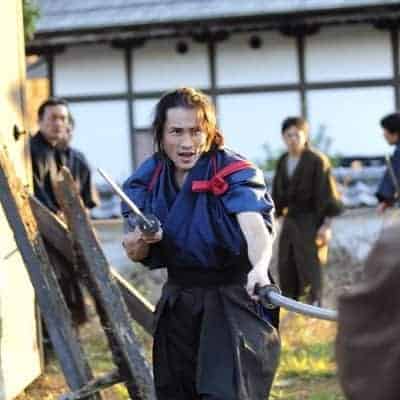
And that happened… five minutes after we started filming, I broke my finger and some ribs…but kept shooting. There was no rule and choreography in this film. Everything that happens in the film is real and I thought I was gonna die. But I didn't care, because all I wanted was the ultimate strength and I survived. That was the most difficult one I've ever experienced. Plus, I've never felt animosity but only love!
You have also worked as a action choreographer. Can you give us some details about the way you work in that capacity? How do you come up with the choreography and how do you implement it in a film?
My career as an action choreographer actually started when I was filming “Versus” and what I do is coordinate fighting scenes and edit the action sequences in the film.
All this inspiration comes up from my youth. I was a kid playing war games, coming up with fighting scenes with puppets and I was coordinating the actions, even the lines! That experience still helps me a lot.
You have acted in a number of cult movies, like “Versus”, “Death Trance”, “Tokyo Gore Police” and “Yakuza Weapon”. Can you share some of your experiences in these movies, good and bad?

The good thing about making/acting in films like “Versus” is that there are no limitations.
I can coordinate and create films in any way I want; however, those films are usually low budget and hard to advertise and to attract audiences….that's the sad thing for me.
You have also played in Koji Wakamatsu's “The Red Army”. How did that occur and how was your cooperation with Mr Wakamatsu?
He was the greatest and most exciting guy I've ever met. When he was filming “The Red Army”, he offered me the role because that was going to be his last film, so I took the role under pressure. Funny thing was… after all it was not his last film since the film had a major success and he kept producing movies!
The knife technique used in Re:Born is called Zero Range Combat and is developed by combat/self defense instructor Yoshitaka Inagawa. Can you give us some details about it and your cooperation with him? In general, why did you decide to act in this film and how was your experience during the shooting?

I met him before shooting “Kurui-Musashi” and he taught me some skills. When I saw that they were completely new to me (for everyone I suppose), I came up with the idea of “RE:Born”
During the training with Mr Inagawa, the first thing I've learned is to loose muscles and some fighting skills that do not involve muscle, I had never learned before (surprise?), because in the real battlefield, it is difficult to get food and rest and this makes you lose muscle weight, which means that you cannot always rely on muscle strength to kill your opponent in such survival conditions.
One thing I still remember during the film was fighting with real armies with real knives in the forest! Also shooting the knife fight sequence with Mr Inagawa with real knives. That was intense!
Currently, you also direct. How did this decision came about and how have your acting experiences helped you as a director?
Actually, I always wanted to be a film director, not an actor! So it was a natural transition to become a director for me! My experience as an actor helps me a lot when I direct because I know how actors feel. In the future, I wanna be a Japanese Clint Eastwood (maybe?)
What is your opinion of the Japanese movie industry at the moment? Can you give us some details regarding the “underground” scene in the country?
Although the Japanese films are criticised as cheesy, and that Japanese directors never make better films like the Koreans do, I believe we are in a new era and it's gonna be good. We have many talented directors like Sono Shion, Yuki Kobayashi, Kazuya Shiraishi, Shuji Sato and I really believe that they are gonna change the history of the Japanese film industry.

Some years ago, I read that Ryuhei Kitamura was preparing “Versus 2”. Is that still happening? And what about the sequel to Death Trance? What other projects you have lined up?
I'm sorry to let you down but I don't keep in touch with Ryuhei Kitamura these days… so I have no idea…Maybe he will do that with a different actor by chance?
Lastly, as I mentioned, my latest film “Kurui-Musashi” will be released in the next summer in Japan in limited theatres! We are not sure about the release date in the US yet, there might be the chance to see it if we could get support.
Thanks a lot!



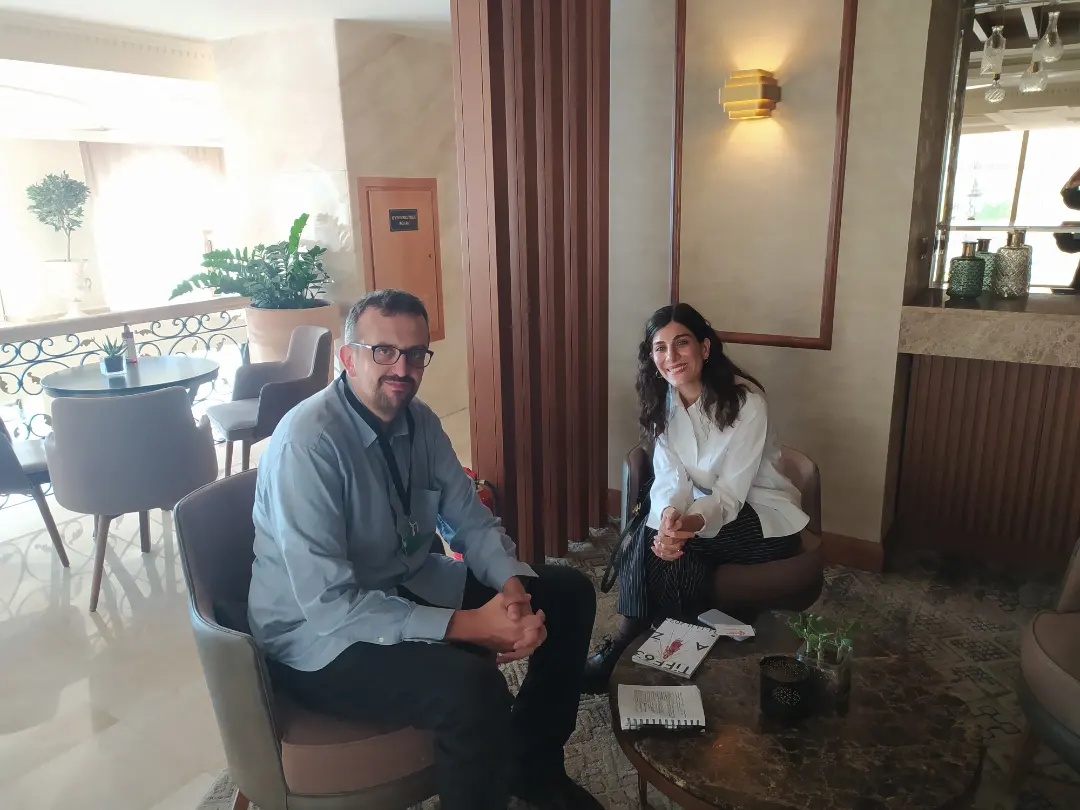
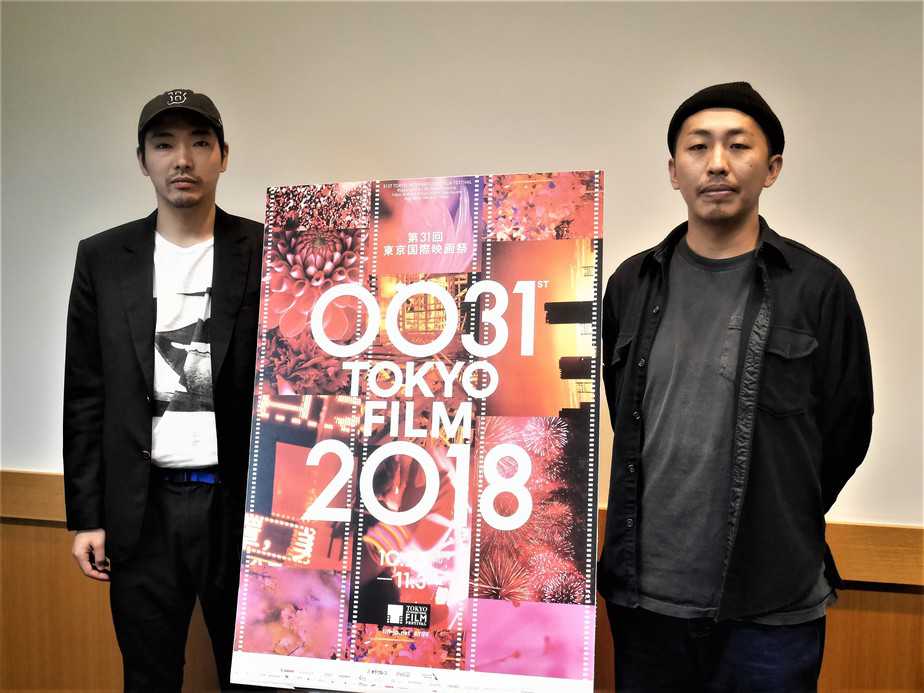
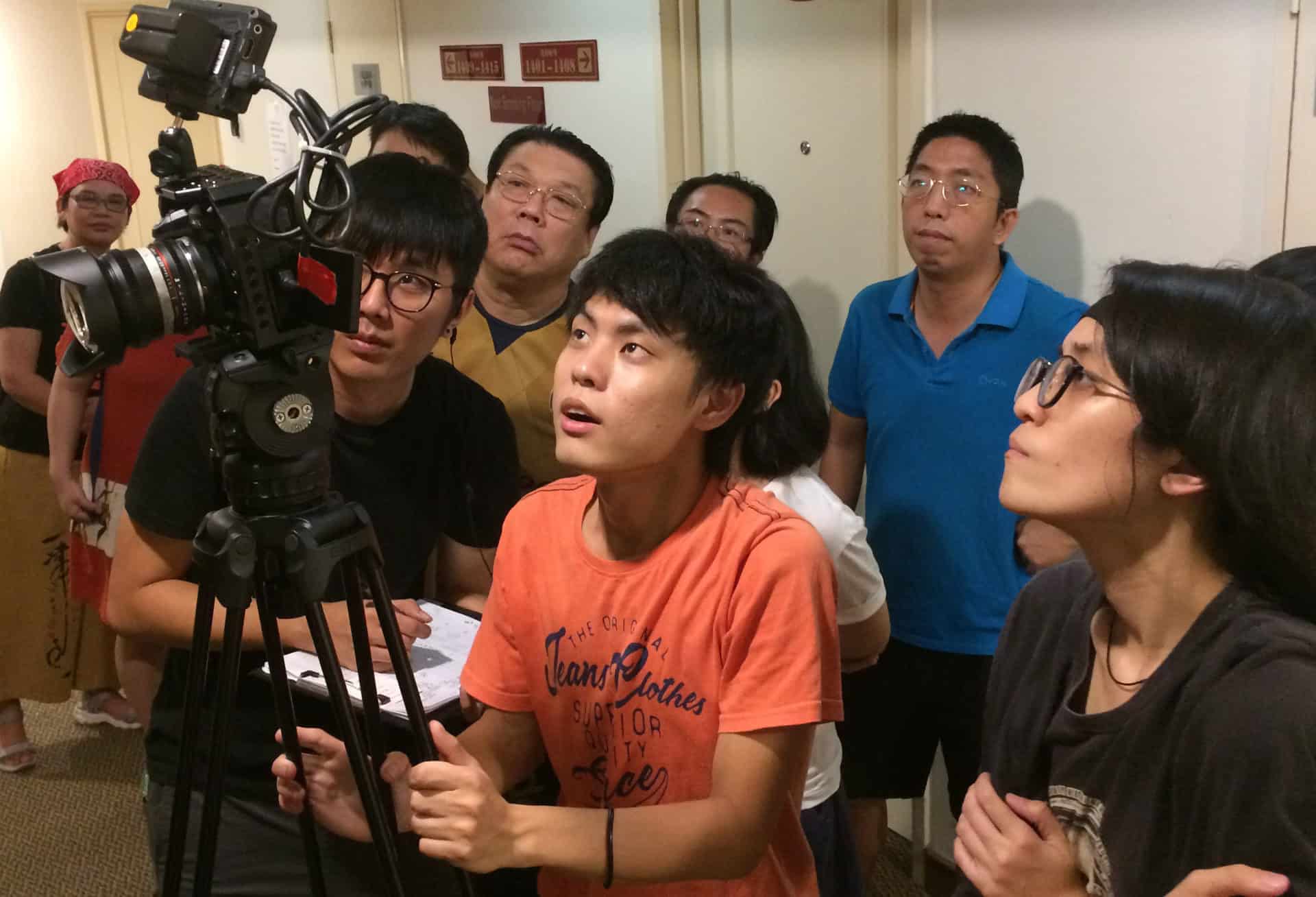
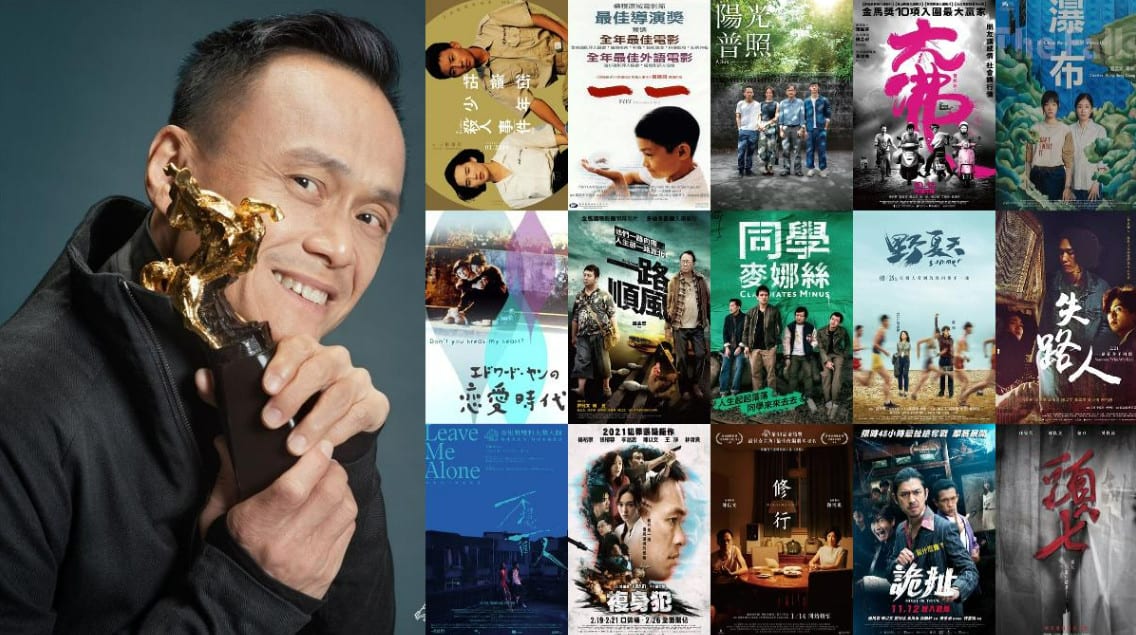
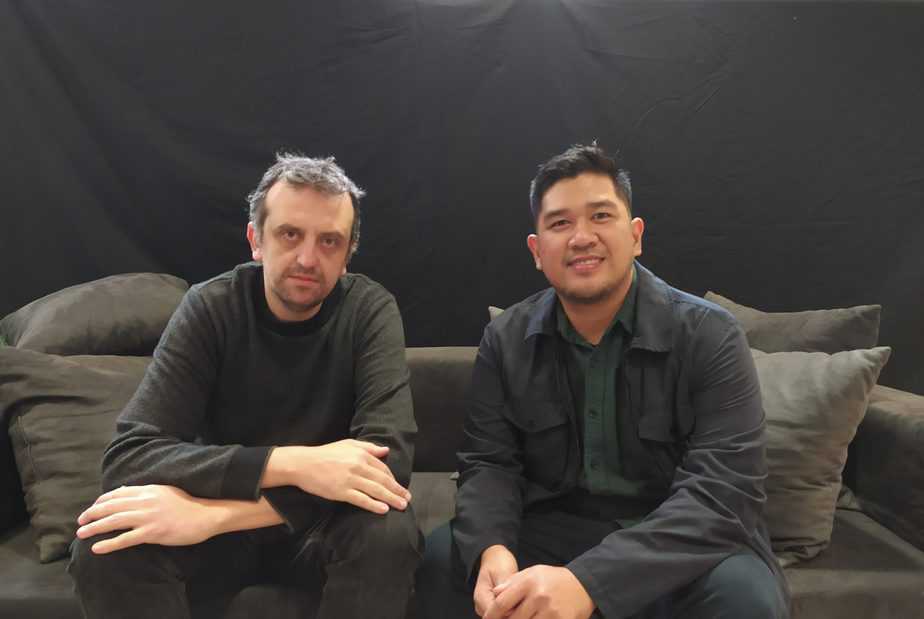
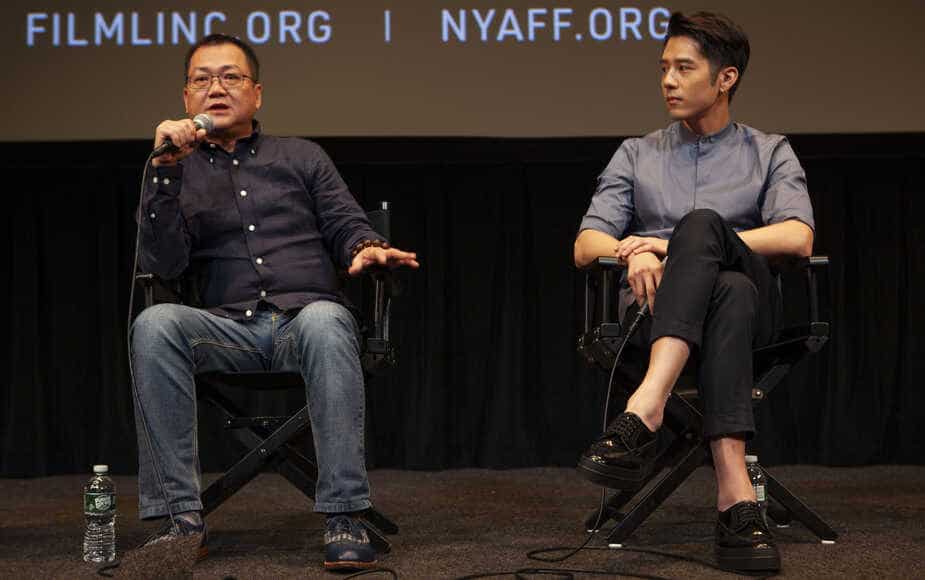







the most shocking scene in the movie was how he ate the lunch food!!!